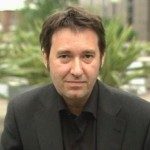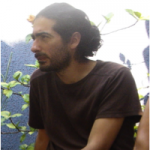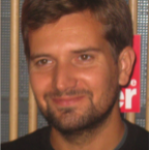Lien vers Pubmed [PMID] – 23744158
Lien DOI – 10.1038/nm.3193
Nat Med 2013 Jun; 19(6): 685-94
Autism spectrum disorder (ASD) encompasses a range of disorders that are characterized by social and communication deficits and repetitive behaviors. For the majority of affected individuals, the cause of ASD remains unknown, but in at least 20% of the cases, a genetic cause can be identified. There is currently no cure for ASD; however, results from mouse models indicate that some forms of the disorder could be alleviated even at the adult stage. Genes involved in ASD seem to converge on common pathways altering synaptic homeostasis. We propose, given the clinical heterogeneity of ASD, that specific ‘synaptic clinical trials’ should be designed and launched with the aim of establishing whether phenotype ‘reversals’ could also occur in humans.





